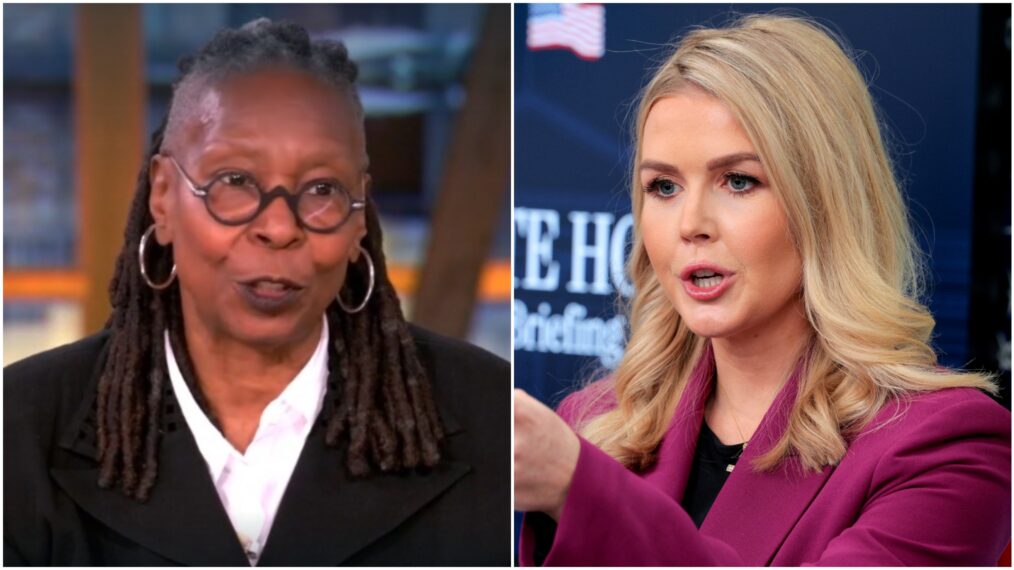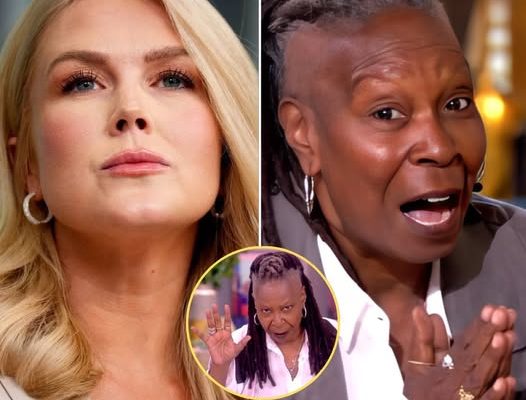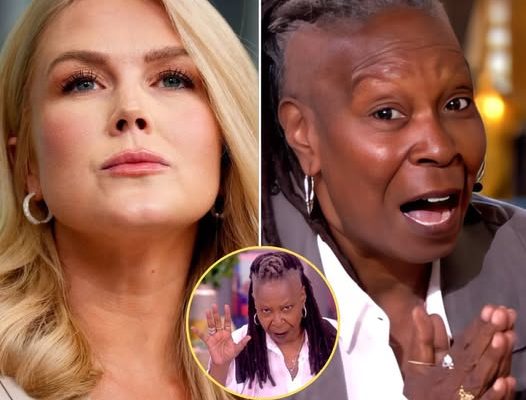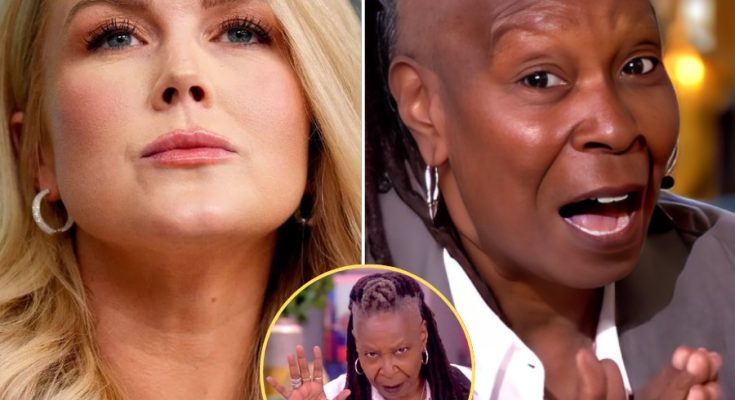🎬FOX NEWS CONTROVERSY – Karoline Leavitt Calls for a Boycott of The View Live on Air, Sparking Outrage and Heated Debate! Fans Are Divided—What Led to This Explosive Call for Action, and What’s the Real Story Behind Her Bold Statement? Discover the Shocking Details That Have Everyone Talking…
🎬FOX NEWS CONTROVERSY – Karoline Leavitt Calls for a Boycott of The View Live on Air, Sparking Outrage and Heated Debate! Fans Are Divided—What Led to This Explosive Call for Action, and What’s the Real Story Behind Her Bold Statement? Discover the Shocking Details That Have Everyone Talking…
A simmering feud between White House Press Secretary Karoline Leavitt and the hosts of ABC’s daytime talk show The View has escalated into a full-blown public clash, drawing national attention and igniting widespread conversation about media bias, political messaging, and the evolving nature of public discourse. The dispute, marked by sharp ideological contrasts and growing tensions, has primarily centered around Leavitt’s combative style and her frequent criticisms of what she views as misleading narratives perpetuated by mainstream media—The View among them.
The conflict first gained momentum during Leavitt’s recent press briefings, where her assertive tone and willingness to directly challenge reporters set her apart. Her pointed remarks about biased coverage did not go unnoticed, particularly by the hosts of The View, who have criticized Leavitt for what they perceive as combative rhetoric and a refusal to engage in respectful dialogue. In return, Leavitt’s responses to the show’s critiques have been swift and unfiltered, directly confronting the hosts on claims she views as misleading or politically motivated.
:max_bytes(150000):strip_icc()/whoopi-goldberg-the-view-031324-1-44a05314194b4e39a430d04caac74b3e.jpg)
At the heart of the confrontation is a deeper struggle over the media’s role in shaping public opinion. Leavitt’s refusal to shy away from confrontation, especially with high-profile liberal personalities like Whoopi Goldberg, has sparked intense reactions both on-screen and online. Observers noted several instances in which Goldberg appeared visibly frustrated during on-air responses to Leavitt’s remarks, suggesting that the show, long seen as a liberal stronghold, is now facing unexpected resistance from rising conservative figures unafraid to call out what they perceive as one-sided commentary.
This growing tension has also exposed the difficulty legacy media figures face in adapting to a shifting landscape, where public trust in traditional outlets is steadily declining. Leavitt’s rise has been marked by her ability to speak to a segment of Americans who feel alienated by mainstream narratives, and her unapologetic style resonates strongly with audiences seeking alternative perspectives. According to media analysts, the public’s reception of Leavitt underscores a broader appetite for transparency, accountability, and ideological diversity—values that many believe are lacking in conventional talk shows.

Social media responses have been particularly sharp. Whoopi Goldberg and other hosts of The View have faced criticism for what many see as emotionally charged responses rather than substantive engagement. Online audiences have accused the panel of deflecting criticism with personal attacks instead of responding to policy critiques with evidence or balanced reasoning. This perceived defensiveness has sparked broader discussions about whether some legacy media outlets are equipped to handle genuine ideological debate in a productive way.
Adding to the controversy, public figures such as Rita Panahi and Megan Kelly have weighed in, criticizing The View as increasingly out of step with political reality. Panahi labeled the show a platform for performative outrage designed to retain relevance, while Kelly described it as a “hot mess,” questioning its credibility and sustainability. Their criticisms echo a larger sentiment that infotainment has taken precedence over serious discussion, eroding the public’s confidence in television-based political commentary.

The dispute has even drawn attention from within the liberal media itself. A prominent left-leaning television personality has reportedly begun voicing criticism of The View’s perceived bias, warning that its current approach may be harming rather than helping the cause of constructive political conversation. This rare break in ideological solidarity signals a shift in how even liberal commentators view the responsibility of media platforms to foster open and respectful discourse.
As this public feud continues to unfold, it serves as a reflection of the polarized media environment in which political messaging often becomes entangled in personal drama. More than a clash between personalities, the Leavitt–View standoff underscores a critical moment in American media—one that forces both commentators and audiences to reevaluate the standards of political engagement, the boundaries of editorial bias, and the urgent need for dialogue that bridges, rather than deepens, ideological divides.





